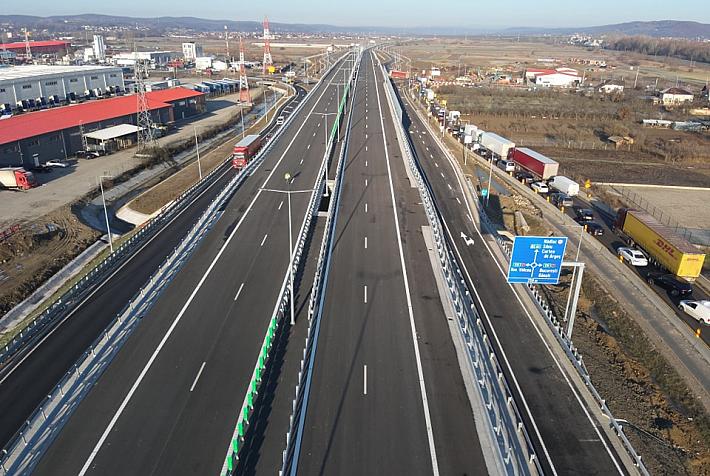Romania's Govt. ponders transitory period for e-VAT mechanism

A six-month transitory period might be introduced for the e-VAT mechanism already enacted on June 21 by emergency ordinance (OUG) 170/2024, Romanian finance minister Marcel Bolos announced, according to Economedia.ro.
The mechanism, aimed at closing the VAT gap that is among the widest in Europe, will still be enforced in mid-2024.
Besides the e-invoice centralised system, e-VAT is part of a broader digitalisation policy conducted this year by the Romanian government to boost tax collection and diminish the magnitude of the fiscal correction package next year. The country's budget deficit heads towards 6.9% of GDP this year according to the European Commission, 1.9 percentage points (pp) above the 5% official target – which is still 2 pp above the 3%-of-GDP threshold.
"We will not give up the mechanism, it is absolutely necessary [for fighting tax evasion]," minister Bolos said.
During the transitory period, the companies will provide for the extension of the deadlines for the VAT discrepancy notes. Professional associations of accountants complained about the excessive volume of work involved and the deadlocks a mechanism insufficiently discussed in advance may generate.
Under the e-VAT mechanism as enforced under OUG 170/2024, the companies (subject to VAT) are compelled to explain the discrepancies between the list of VAT operations as collected by the authorities from secondary sources (primarily the e-Invoice system) and the VAT operations as declared by the companies themselves.
The e-VAT mechanism provisions tight deadlines for submitting the explanatory notes, fines, and fiscal inspections for not meeting the deadlines.
iulian@romania-insider.com
(Photo source: Inquam Photos/George Calin)













